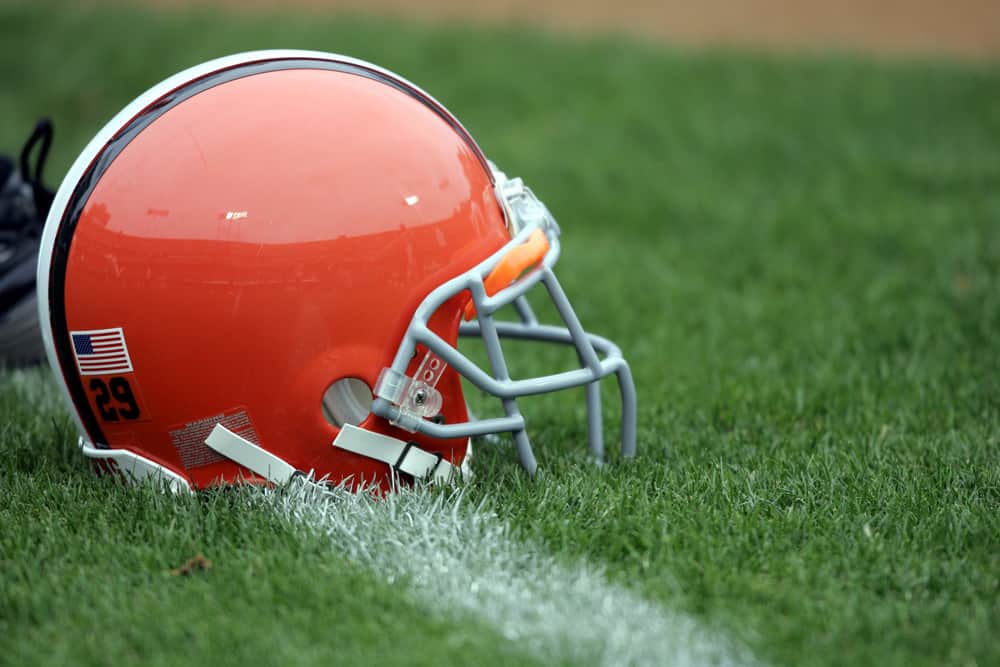
Successful teams in the NFL have depth by having solid back-up players on the roster.
Back-ups contribute on the field when they do play and off the field in practice.
Tight end Chip Glass only started six regular season games over his five seasons with the Cleveland Browns from 1969 to 1973.
Yet, Glass was a solid back-up player for the Browns, with his receptions, blocking, and overall play contributing to three Cleveland playoff teams in 1969, 1971, and 1972.
I remember as a kid going to the 1st Monday night football game in 1970. Browns /Jets. Joe Namath against Bill Nelson, Fair Hooker, Chip Glass and my hero Leroy Kelly. We split season tickets w/ my cheap cigar smoking uncle. The seats were directly behind a steel beam. pic.twitter.com/dJ8fGfLak4
— Still Moving Films (@StillFilmsDoc) January 11, 2021
We take a look at the life of Chip Glass – before, during, and after his NFL playing career.
The Early Years Through High School
Charles Ferdinand “Chip” Glass was born in Homestead, Florida on June 25, 1947.
Homestead is a suburb of Miami.
When Glass grew up there, Homestead had a population of approximately 10,000 people.
Glass attended Chamberlain High School in Tampa, Florida.
At Chamberlain High School, Glass was a receiver.
He earned All-City first team honors from the Tampa Tribune.
His quarterback on the Chamberlain High School team was future major league baseball star Steve Garvey.
After graduating high school in 1965, Glass headed to Florida State University, in Tallahassee, Florida, to attend college.
College Years
Glass lettered in football at Florida State for three years in 1966, 1967, and 1968.
He played end and tight end.
In Glass’ first varsity college football game, he caught three passes for 38 yards and one touchdown, as the Seminoles lost to Houston 21-13 on September 17, 1966.
For the 1966 season, Glass caught 13 passes for 135 yards and the above-described one touchdown.
Florida State had a 6-5 record in 1966, including a 28-20 loss to Wyoming in the Sun Bowl on December 24, 1966.
In a 26-7 Florida State victory over Memphis State on November 4, 1967, Glass caught four passes for 51 yards.
Glass caught 17 passes for 186 yards and one touchdown in the 1967 season.
He also rushed for one yard on two rushing attempts.
In 1967, the Seminoles posted a 7-2-2 record, including a 37-37 tie with Alabama (then ranked second in the nation by the Associated Press) on September 23, 1967, and a 17-17 tie with Penn State (then ranked 10th in the nation by the Associated Press) in the Gator Bowl on December 30, 1967.
Glass caught four passes for 44 yards and one touchdown, in a 40-20 Florida State defeat of Houston (then ranked 10th in the nation by the Associated Press)) on November 29, 1968.
As a senior in 1968, Glass caught 18 passes for 227 yards and the above-described one touchdown.
In 1968, the Seminoles had an 8-3 record, including a 20-14 victory over Texas A&M (then ranked 17th in the nation by the Associated Press) on October 5, 1968, and a 31-27 loss to LSU in the Peach Bowl on December 30, 1968.
After completing his college years at Florida State, Glass headed to the NFL to continue his football career.
The Pro Football Years
1969-1971
In the 1969 NFL draft, Glass was drafted in the third round by the Cleveland Browns.
He was the 72nd overall pick.
As a rookie in 1969, Glass (playing at a height of six feet and four inches and at a weight of 235 pounds) played in all 14, and started two, regular season games at tight end.
In Glass’ first NFL regular season game, he had his first NFL regular season reception, catching a 17-yard pass from Cleveland quarterback Bill Nelsen, in a 27-20 Browns victory over the Philadelphia Eagles on September 21, 1969.
Glass scored his first NFL regular season touchdown, on a 10-yard pass from Bill Nelsen, as Cleveland, scoring over 40 points for the second time in three games, defeated the Dallas Cowboys 42-10 on November 2, 1969.
For the 1969 regular season, Glass caught the above-described four passes for 91 yards and two touchdowns.
With a 10-3-1 record, the Browns won the NFL Century Division title in 1969.
Glass contributed to the Cleveland offense ranking in the 1969 NFL regular season third in points scored (351), fifth in total passing and rushing yards (4,428), ninth in passing yards (2,640), tied for second in passing touchdowns (24), third in fewest sacks allowed (20), fifth in rushing yards (1,788), tied for first in rushing touchdowns (17), and tied for sixth in average yards per rushing attempt (4.0).
In the 1969 playoffs, Cleveland first played the Dallas Cowboys on December 28, 1969.
Glass played in, but did not start, the game.
Glass was part of a Browns offense that included Bill Nelsen completing 18 of 27 passes for 219 yards and one touchdown and Cleveland running back Bo Scott scoring two touchdowns (both on two-yard runs), as the Browns defeated Dallas 38-14.
Cleveland next advanced to the 1969 NFL championship game against the Minnesota Vikings on January 4, 1970.
Glass played in, but did not start, the game.
Leroy Kelly rushed for 80 yards on 15 rushing attempts (5.3 average yards per rushing attempt), but the Browns lost to Minnesota 27-7.
In 1970, Glass played in all 14, and started three, regular season games at tight end.
Glass caught 19 passes for 403 yards and the above-described two touchdowns in the 1970 regular season.
Cleveland had a 7-7 record in 1970.
Glass helped the Browns offense rank in the 1970 NFL regular season seventh in total passing and rushing yards (4,161), fifth in passing yards (2,582), second in fewest sacks allowed (16), and tied for seventh in rushing touchdowns (14).
In 1971, Glass played in all 14, but did not start any, regular season games.
Glass was part of a Cleveland offense that amassed over 300 total yards in six regular season games in 1971.
Glass caught his only pass in the 1971 regular season, a four-yard touchdown pass from Bill Nelsen for the winning score, in a 20-13 Browns victory over the Washington Redskins on December 19, 1971.
With a 9-5 record, the Browns won the AFC Central Division title in 1971.
Glass contributed to the Cleveland offense ranking in the 1971 NFL regular season 10th in points scored (285), ninth in passing yards (2,299), tied for sixth in fewest sacks allowed (22), and tied for third in rushing touchdowns (19).
In the 1971 playoffs, Cleveland met the Baltimore Colts on December 26, 1971.
Glass played in, but did not start, the game.
He caught an 11-yard pass, but the Browns lost to Baltimore 20-3.
1972-1974
In 1972, Glass played in all 14, but did not start any, regular season games.
For the 1972 regular season, Glass caught five passes for 61 yards.
Cleveland earned a wild card playoff berth in 1972, with a 10-4 record.
In the 1972 playoffs, the Browns met the undefeated Miami Dolphins on December 24, 1972.
Glass played in, but did not start, the game.
Although Bo Scott rushed for 94 yards on 16 rushing attempts (5.9 average yards per rushing attempt), Cleveland lost to the Dolphins 20-14.
Glass played in 12 regular season games, and started one regular season game, in 1973.
Glass caught two passes for 60 yards in the 1973 regular season.
In 1973, Cleveland had a 7-5-2 record, but failed to make the playoffs.
On August 14, 1974, the Browns traded Glass to the New York Giants for defensive end-linebacker Carter Campbell.
Campbell was to never play in a regular season game for Cleveland.
In 1974, with New York, Glass played in 13 regular season games and started one regular season game.
He caught three passes for 23 yards.
1974 was Glass’ last season in the NFL.
The Years After the NFL
Glass’ individual career receiving statistics at first may not appear noteworthy.
Over his five regular seasons with the Browns from 1969 to 1973, Glass caught 31 passes for 619 yards and five touchdowns.
However, Glass excelled at making “big plays” for Cleveland.
His 20.0 regular season average yards per pass reception ranks second overall, and first among tight ends, among players with at least 30 regular season pass receptions, in Browns regular season average yards per pass reception history.
In addition, his 78-yard touchdown reception on November 22, 1970 against the Houston Oilers ranks tied for 17th overall and third among tight ends in Browns regular season longest pass reception history.
Thus, when Glass did have a reception, it often was for a long gain.
Especially playing in an era when tight ends generally did not catch long passes, Glass’ ability to gain significant yards on his pass receptions is impressive.
In addition, Glass’ receptions, blocking, and overall play contributed to team success.
Glass helped the Cleveland offense as a whole reach certain team milestones in points, total yards, passing yards, and rushing yards, and in not allowing a sack, in various games.
With respect to individual players, Glass helped Cleveland’s offensive players achieve certain individual statistics in various games.
Glass’ play helped future Pro Football Hall of Famers Paul Warfield and Leroy Kelly.
His play also helped quarterbacks, such as Bill Nelsen and Mike Phipps, star players, such as Gary Collins, Milt Morin, and Greg Pruitt, and lesser-known players, such as Ron Johnson, Bo Scott, Homer Jones, Fair Hooker, Frank Pitts, Ken Brown, and Billy Lefear.
Most importantly, Glass’ play helped the Browns win games.
In his five seasons with the Browns, Cleveland never had a losing record, made the playoffs in three seasons, was the division champion in two seasons, and won one playoff game.
With Pro Bowler Milt Morin serving as Cleveland’s principal tight end when Glass was with the Browns, Glass did not start many games.
However, he fulfilled the role that every NFL team seeks from its back-up players – Glass contributed on the field when he did play and off the field in practice.
The combination of Morin and Glass gave Cleveland an outstanding presence at tight end.
I don’t even care if they are. Being a Browns fan is much more than one player. Most die-hard Browns fans are older. We remember Leroy Kelly, Bo Scott, Chip Glass, Ozzie Newsome, the original dawgs, Dixon, Minnifield, red-right 88, the drive, the fumble and so on. Browns4Life ❤️
— Oh Danny Boy 🇺🇸 🇮🇪 🍀 (@omeallain69) October 9, 2019
There was nothing “chipped” in Chip Glass, who helped the Browns offense “shatter” opposing defenses for five solid seasons.
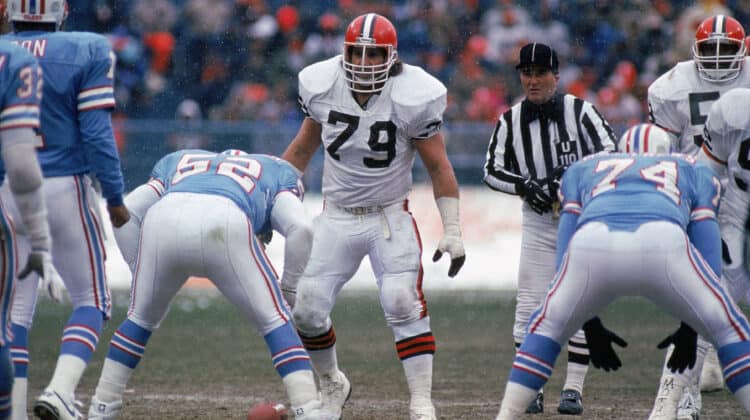
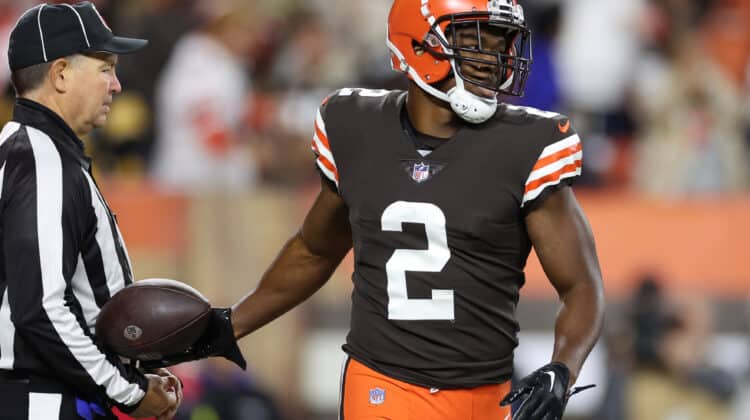
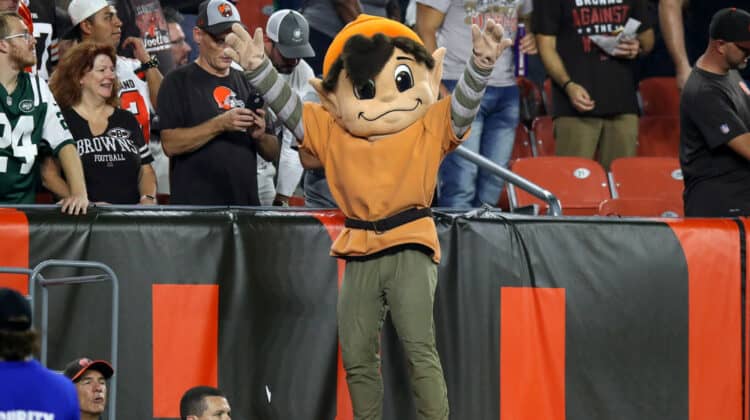
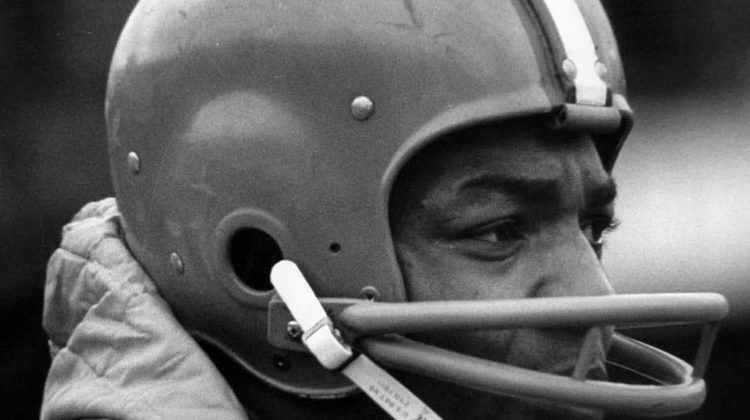
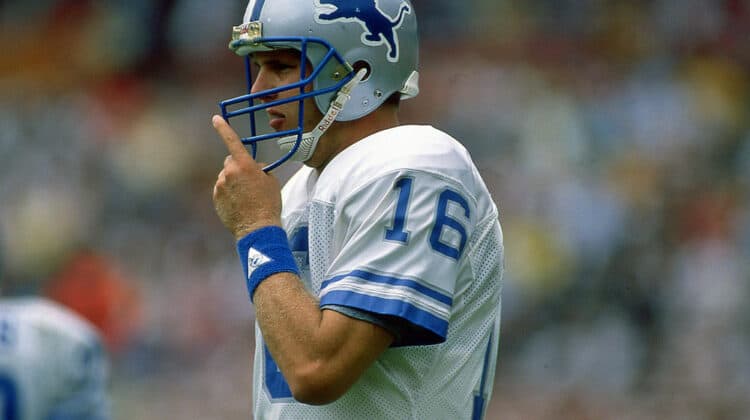
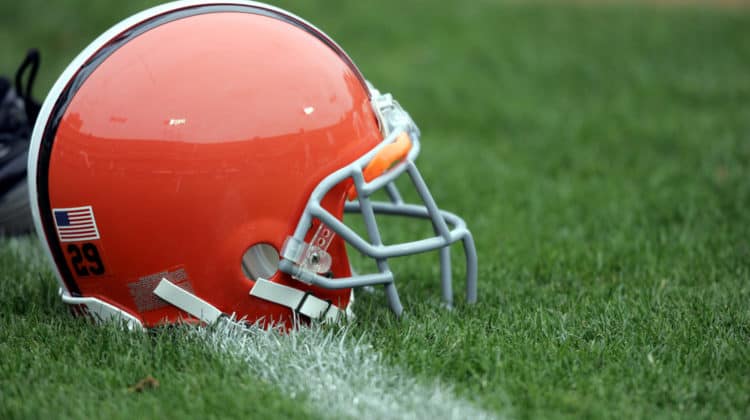
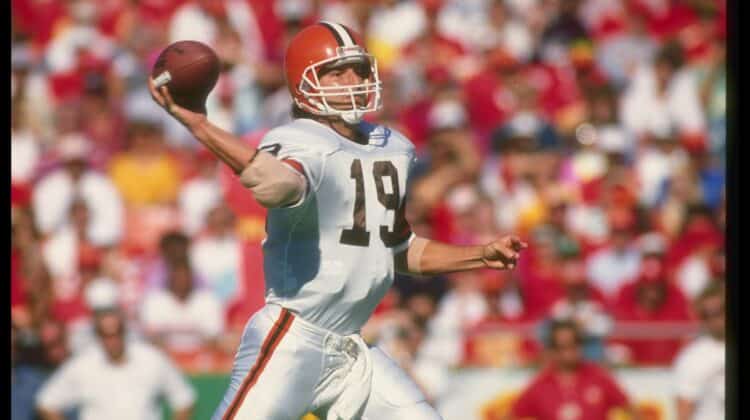
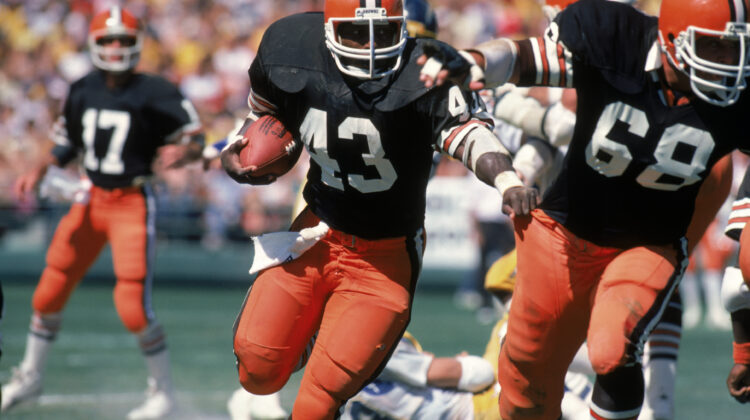
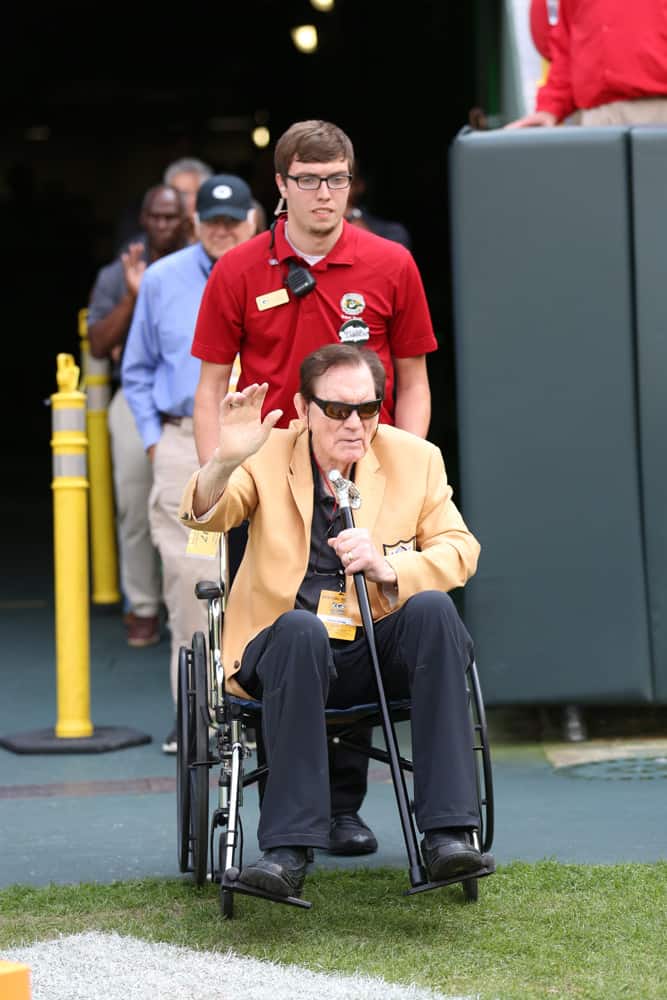
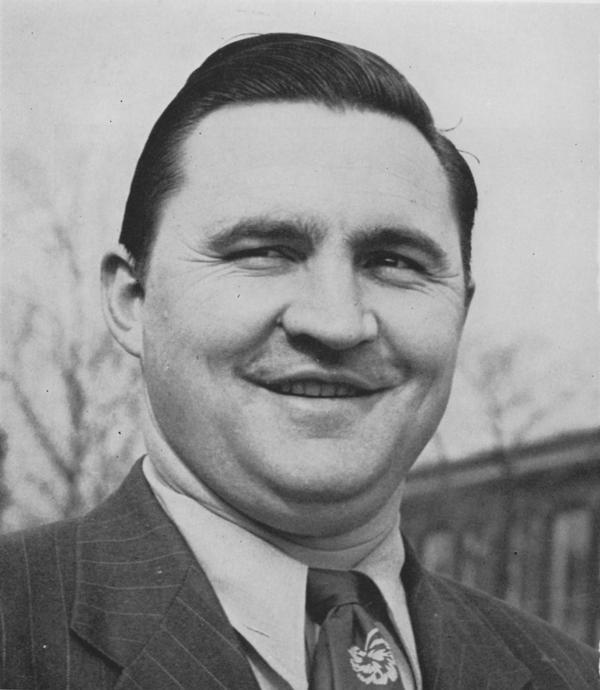

I’m 64, from Mass., and saw the name “Glass” come up today as a football player from the early 70’s and thought right away it must have been Chip Glass. The Browns were cool because they did get to the playoffs and had lots of good players, I often “was” Leroy Kelly in the backyard tackle games. Even had a friend that was somehow related to Milt Morin. Anyways, I looked him and saw your article, its very good. thank you